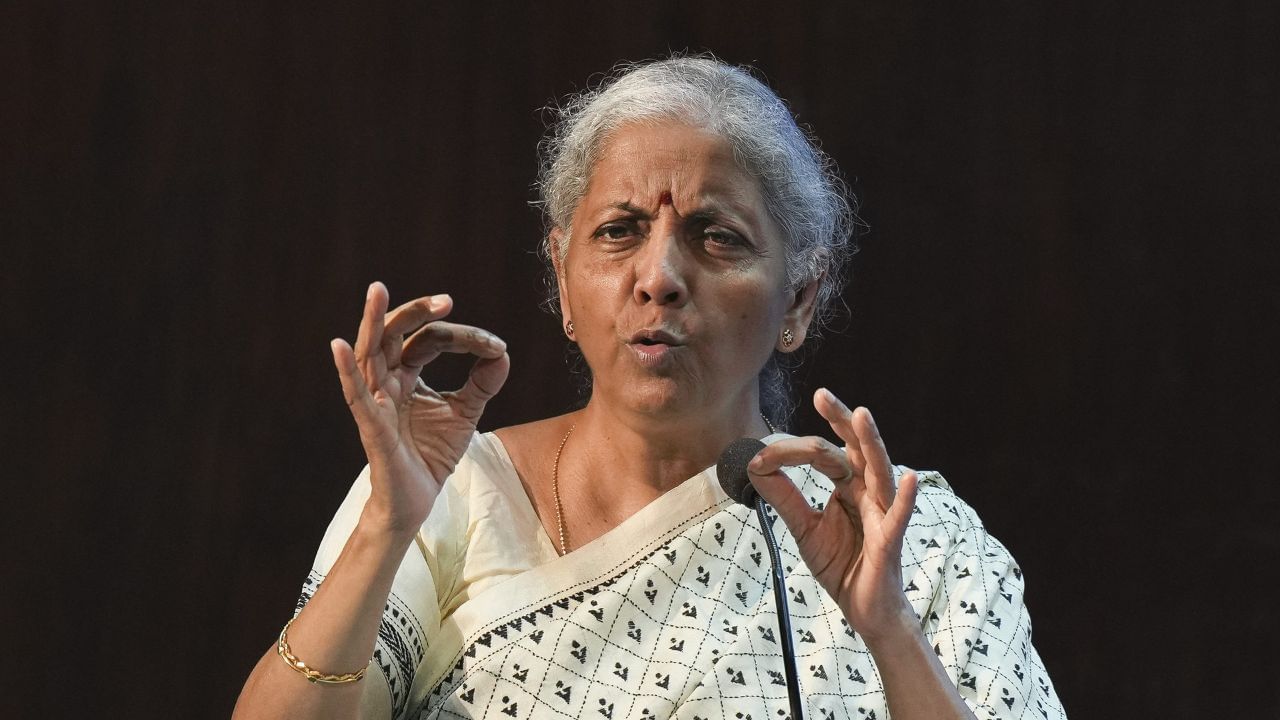Nirmala Sitharaman
Union Finance Minister Nirmala Sitharaman said on Friday that tariffs are giving a new look to the global economy amid growing geopolitical tensions in the world. But India is moving towards 8% GDP growth among all these. He said that we need 8% GDP growth to become a developed India by 2047. Self -reliant India does not mean that we want to become a closed economy. We are in a period of global instability, but India has the strength to withstand external tremors.
He said these things in his inaugural speech in Kautilya Economic Conference 2025. Sitharaman said that global trade and investment changes are not small shocks, but big structural changes. He said that geopolitical tension is increasing. The policies of restrictions, tariffs and isolation are changing the global supply chain.
These are also opportunities and challenges for India. Our decisions will decide whether we become leaders by showing flexibility or just try to avoid uncertainty. He further said that this is not a small disruption, but a very structural change. We have to handle business and energy imbalance along with global uncertainties.
Essential strengthening of global institutions
The Finance Minister emphasized the need to strengthen multilateral institutions such as World Bank, IMF and said that their weakness is reducing global confidence. He said that improvement in these institutions is necessary so that global trade and investment can be stabilized. Sitharaman described the global economic situation as a historic turn. He said that the arc of history is now bending, and the global economy shows it. Tension between low investment, growth and stability makes it statement.
#Watch Delhi: Union Finance Minister Nirmala Sitharaman Says, “… Geopolitical Conflicts are intensifying. Sanctions, tarifs and decoupling strategies are reshaping global supply chains. Dynamics highlight bot vulnerability and resilience. pic.twitter.com/6SVV5N5B4B
– ANI (@ani) October 3, 2025
India is committed to the target of 8% GDP growth, which is necessary to fulfill the dream of self -sufficient and developed India by 2047. India is trying to overcome growing tariffs, changing business alliances and geopolitical tensions by balanced in the global economy and balanced domestic reforms.
